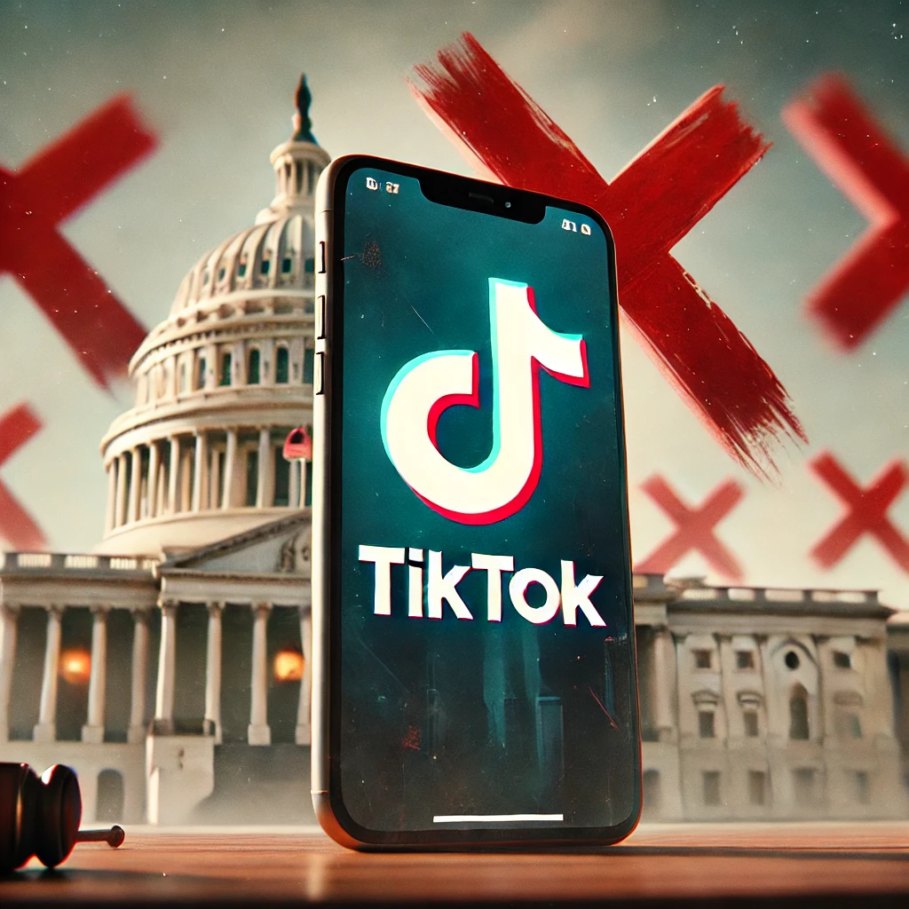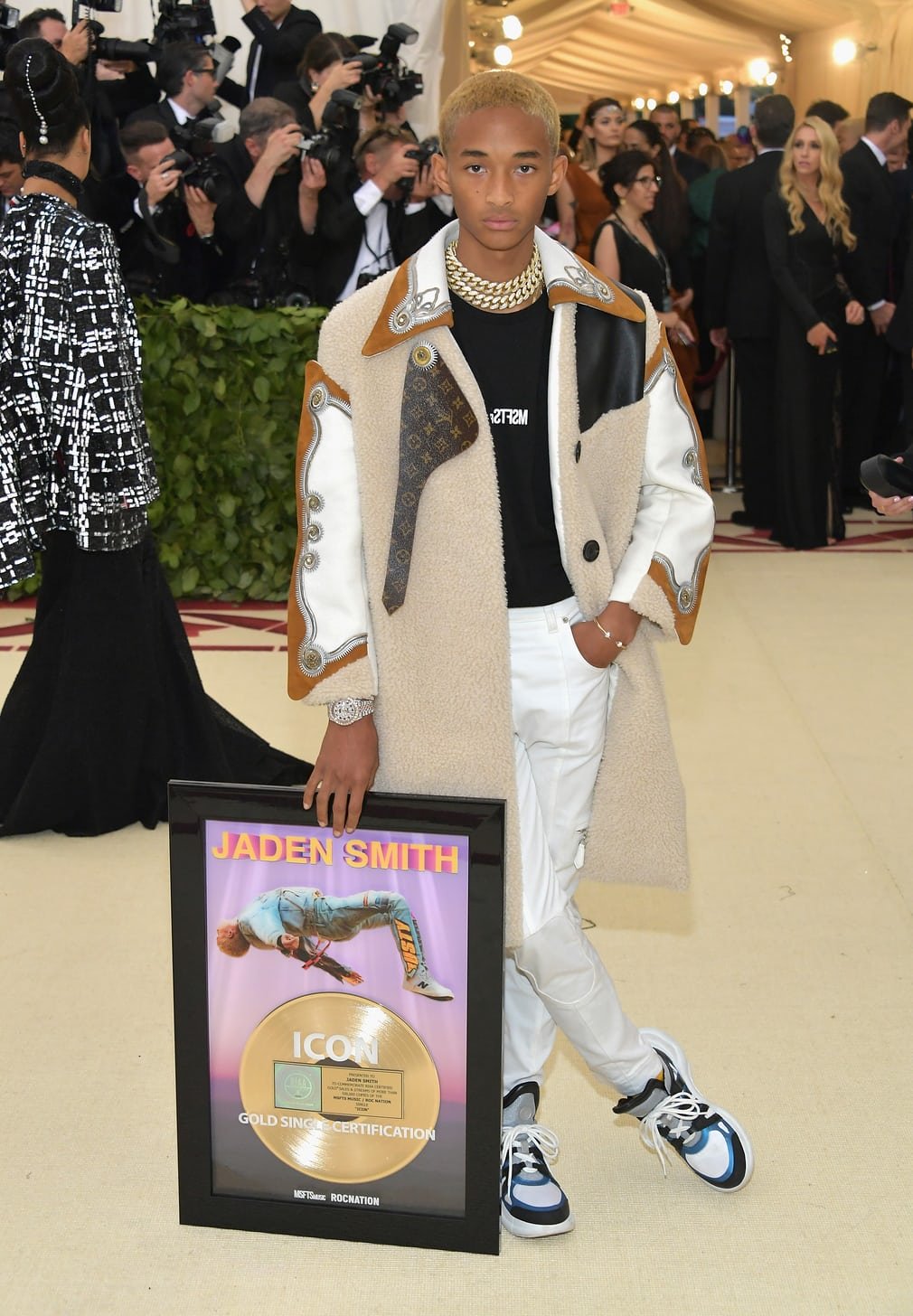In a bold move that signals a new chapter in the ongoing geopolitical and data privacy saga, U.S. lawmakers are pressing tech giants Apple and Google to remove the popular social media app TikTok from their app stores by January 19, 2025. This new development follows a dramatic legal decision that could have far-reaching consequences for the app, which boasts over 100 million active users in the U.S. alone.
The demand stems from the looming threat of a ban imposed by U.S. authorities, who have raised serious concerns about national security and data privacy, given TikTok’s Chinese ownership. The app’s parent company, ByteDance, a tech giant based in Beijing, has been under fire for its data collection practices, with lawmakers arguing that sensitive user data could be accessed by the Chinese government, creating vulnerabilities in U.S. cybersecurity.
At the heart of the controversy is a federal ruling that has backed a new law mandating that ByteDance either divests from TikTok or faces a ban from U.S. app stores. The ruling, passed in December 2024, upholds the law, which gives the company a hard deadline of January 19, 2025, to comply. If ByteDance fails to divest from TikTok by that date, the app will be effectively erased from the Apple App Store and Google Play Store, making it unavailable for new users to download and locking existing users out of new content.
The proposed ban is part of a broader effort to curb the influence of foreign-owned apps in the U.S., which is raising new questions about data sovereignty and the security of personal information. While TikTok has repeatedly denied any connection to the Chinese government, the debate has captured the attention of lawmakers on both sides of the aisle, pushing them to act decisively. For the average TikTok user, this news has come as a jarring blow to a beloved platform that has reshaped social media as we know it—offering everything from viral dance challenges to politically charged discourse. But for Washington, this is about much more than just social media; it’s about the integrity of U.S. data privacy in an increasingly interconnected world.
As the pressure mounts, TikTok has vowed to continue its fight against the ruling, taking its case to the U.S. Supreme Court in a bid to overturn the law. However, the odds are stacked against the app, with the Supreme Court’s potential to hear the case still uncertain. If TikTok is unsuccessful in halting the implementation of the ban, millions of U.S. users could find themselves locked out of the app, unable to access their favorite influencers, trends, and viral moments.
Meanwhile, Apple and Google, the two tech behemoths that control the digital marketplace for apps, are now in a precarious position. Both companies are being asked to comply with a legal directive that could impact their business models and the millions of users who rely on their platforms for both professional and personal use. While the companies have yet to make any formal statements on how they will respond, the pressure from lawmakers to act swiftly is unmistakable.
The TikTok controversy is emblematic of a larger trend in global politics, where technology, national security, and privacy concerns are increasingly intertwined. As China’s growing influence in the tech space continues to fuel fears of data misuse, governments around the world are stepping up their scrutiny of apps that have ties to the country. The U.S. is not the only country to target TikTok; the app has faced similar bans and restrictions in India, Australia, and several European nations. In fact, the U.S. ban has been part of a broader campaign to protect the integrity of American data from foreign actors.
For TikTok, the stakes couldn’t be higher. Since its launch in 2016, the app has evolved from a platform for lip-syncing videos into a powerful force in digital culture. With its algorithm designed to personalize content to each user’s tastes, TikTok has become a cultural phenomenon, capturing the attention of Gen Z and beyond. Its short-form videos have redefined how we consume media, giving rise to influencers, trends, and even social movements. Yet, with this success has come intense scrutiny, with critics accusing the app of collecting too much personal data.
In Washington, the focus is squarely on TikTok’s ownership by ByteDance. The Chinese company’s ties to the Chinese government have raised alarms among U.S. intelligence agencies, which claim that TikTok’s vast user data could potentially be accessed by the Chinese Communist Party. Although TikTok has consistently denied any wrongdoing and has taken steps to safeguard American user data by storing it on U.S. servers, the concerns persist.
The January 19 deadline could mark the end of TikTok’s meteoric rise in the U.S., but the outcome remains uncertain. If ByteDance is forced to sell TikTok, the company could face a massive financial blow, as the app has become one of the most lucrative digital platforms in the world. However, if TikTok is ultimately banned, it would have profound implications not only for users but for the global tech ecosystem, raising critical questions about the balance between national security and personal freedom in the digital age.
For now, the world watches as this high-stakes battle unfolds. Will the U.S. succeed in its bid to ban TikTok, or will the app continue to thrive, navigating the storm of legal challenges ahead? One thing is certain: the future of social media and digital security will never be the same.



